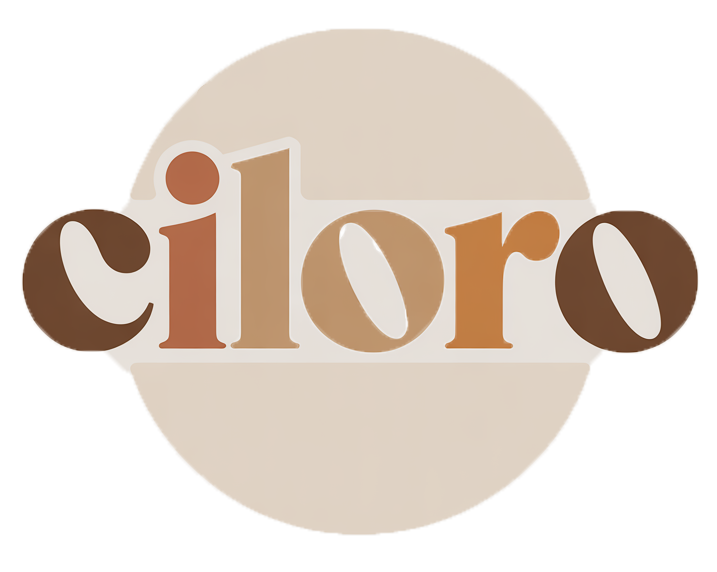Blend Traditional and Modern Home Styles for Unique Design
Blending traditional and modern home styles is a design concept that harmonizes the charm of classic aesthetics with the sleekness of contemporary design. As homeowners increasingly seek unique expressions of their personal tastes, the trend of mixing these contrasting styles has gained significant popularity. This approach not only enhances the beauty of living spaces but also infuses character and warmth into the home.
By merging different design elements, individuals can create environments that feel both inviting and sophisticated. The benefits of this blend are numerous, ranging from personalized decor to the comfort of familiar traditional elements, all while embracing the clean lines and functionality of modern design.
Understanding Traditional Home Styles
Characteristics of Traditional Design
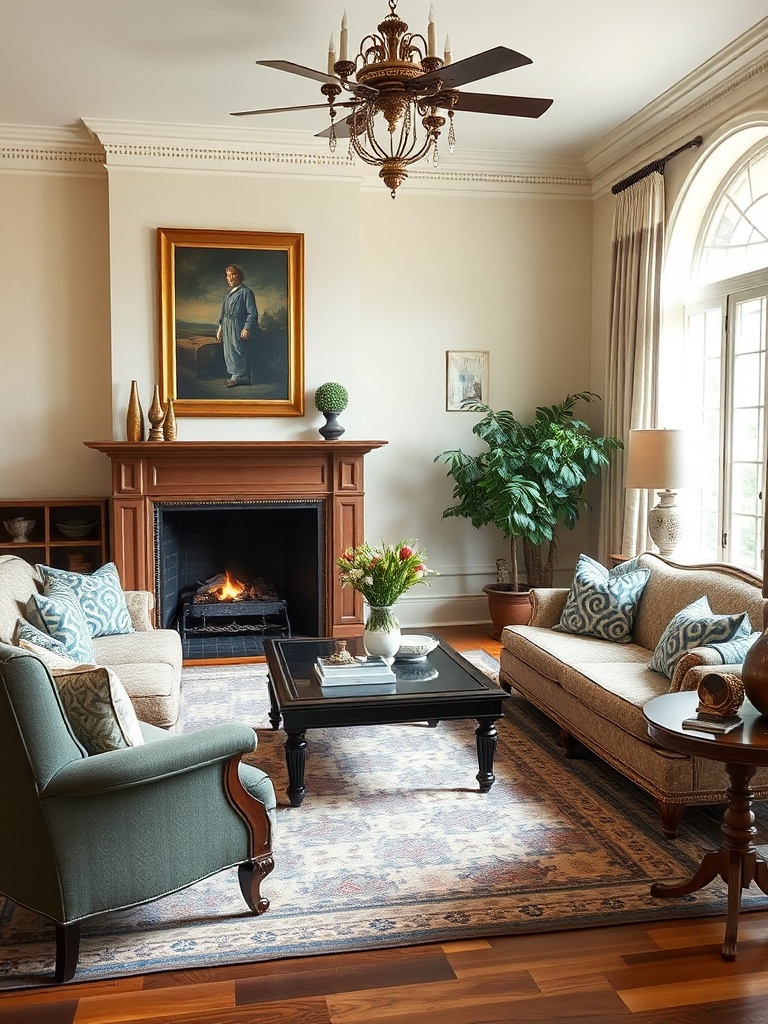
Traditional design is characterized by:
- Classic furniture shapes and materials that evoke a sense of history.
- A rich color palette, often featuring deep tones and intricate patterns.
- An emphasis on symmetry and formal layouts that create a sense of order.
Popular Traditional Styles
Some of the most recognized traditional styles include:
- Colonial
- Victorian
- Mediterranean
Understanding Modern Home Styles
Characteristics of Modern Design
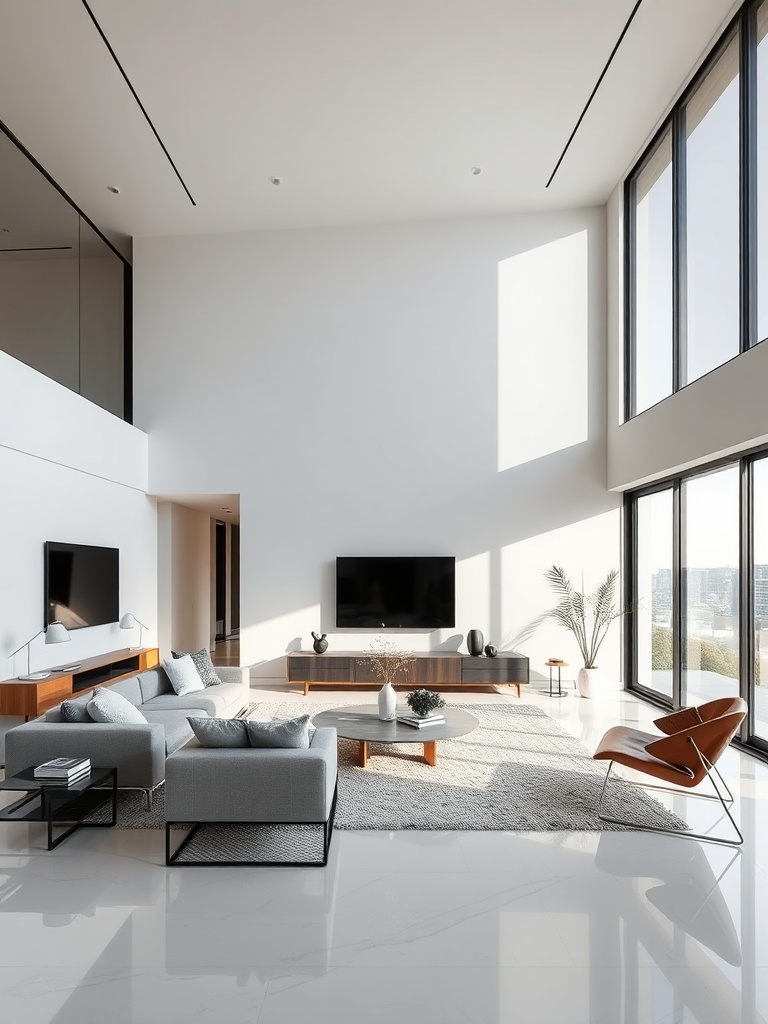
Modern design is marked by:
- A minimalist approach, focusing on clean lines and simplicity.
- Neutral color palettes enhanced with bold accents that provide visual interest.
- Open spaces that prioritize functionality and fluid movement.
Popular Modern Styles
Key modern styles include:
- Mid-century Modern
- Scandinavian
- Industrial
The Benefits of Blending Styles
Personalization
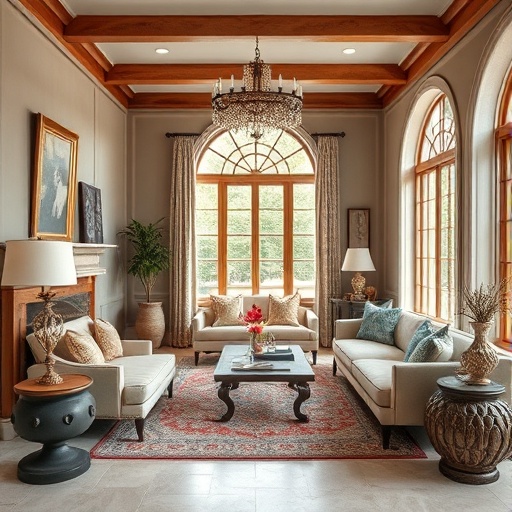
Blending traditional and modern styles allows for the creation of unique spaces that reflect individual tastes. Homeowners can showcase their personality through carefully curated design choices.
Enhanced Aesthetics
This combination creates visual interest by juxtaposing contrasting elements, leading to a dynamic and engaging environment.
Functional Versatility
By integrating the best features of both styles, homeowners can achieve practical living spaces that are both beautiful and functional.
Creative Ideas for Blending Styles
Idea 1: Mixing Textiles
Layering Patterns
Combining traditional patterns, such as paisleys or florals, with modern fabrics can create a rich tapestry of textures.
Textured Accents
Utilizing throw pillows and blankets in various materials adds contrast and comfort, making spaces feel inviting.
Idea 2: Combining Furniture
Antique Pieces with Modern Forms
Pairing vintage tables with contemporary chairs results in a curated look that balances the old with the new.
Eclectic Pairings
Mixing styles within a room can create a unique aesthetic that feels both intentional and relaxed.
Idea 3: Color Palette Fusion
Neutral Bases with Bold Accents
Choosing a neutral color scheme with pops of color can bridge the gap between traditional and modern styles.
Harmonizing Traditional and Modern Colors
Selecting colors that complement both styles helps create a cohesive look throughout the space.
Idea 4: Architectural Elements
Incorporating Traditional Moldings
Using crown molding in modern spaces can add elegance and a touch of classic charm.
Open Floor Plans with Classic Features
Balancing open layouts with traditional elements creates a harmonious living space.
Idea 5: Art and Decor
Gallery Walls
Mixing traditional art pieces with modern artwork can create a striking gallery wall that tells a story.
Statement Pieces
Incorporating a large modern sculpture in a traditional setting can serve as a conversation starter.
Idea 6: Lighting Solutions
Modern Fixtures in Traditional Rooms
Using contemporary light fixtures in classic spaces can enhance the room's character while providing functionality.
Traditional Lamps in Modern Decor
Balancing styles with table and floor lamps can create warmth and atmosphere.
Idea 7: Flooring Choices
Blending Materials
Combining hardwood with modern tiles creates visual interest and texture underfoot.
Area Rugs
Using traditional rugs in minimalist settings can provide comfort and a touch of elegance.
Idea 8: Window Treatments
Classic Drapes with Modern Blinds
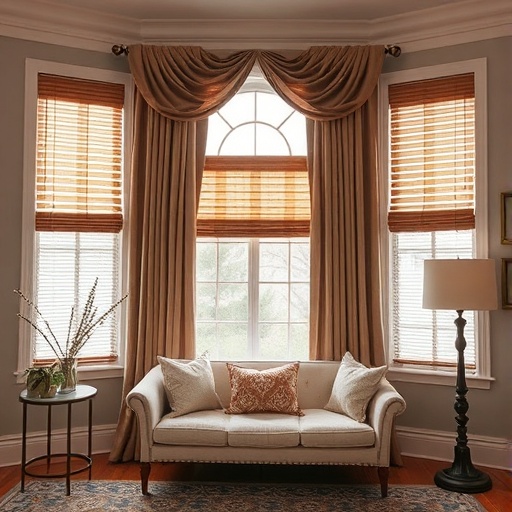
Pairing traditional curtains with sleek blinds offers a beautiful contrast while ensuring functionality.
Layering Techniques
Utilizing layered window treatments can add depth and style to any room.
Idea 9: Outdoor Spaces
Traditional Gardens with Modern Furniture
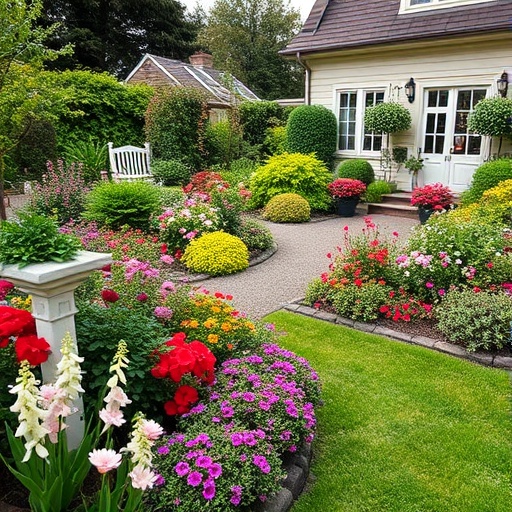
Combining classic landscaping with contemporary seating creates a welcoming outdoor environment.
Outdoor Decor
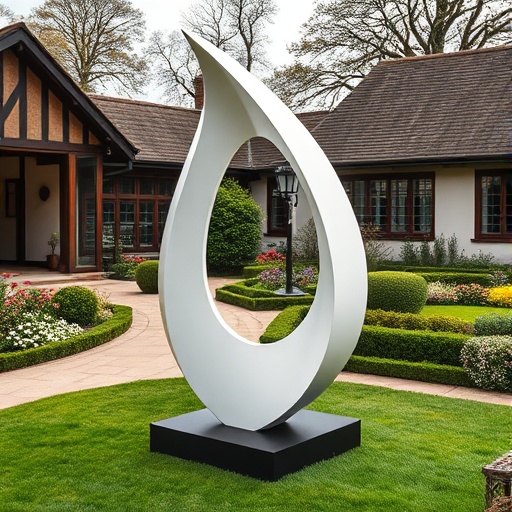
Using modern sculptures in traditional garden settings can provide artistic flair.
Idea 10: Personal Touches
Family Heirlooms
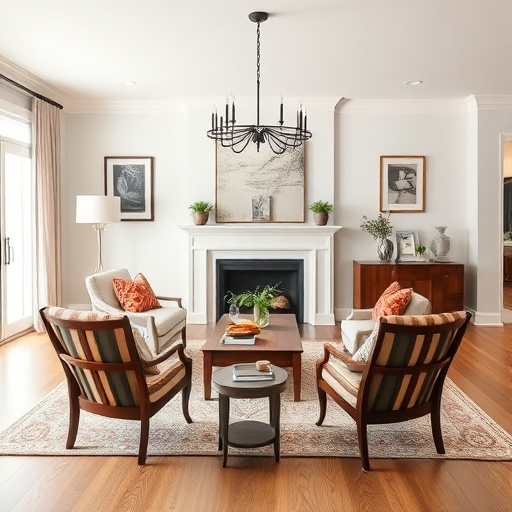
Integrating personal items into modern designs adds character and a sense of history to the space.
DIY Projects
Creating custom decor that reflects both styles can make a home feel uniquely yours.
Tips for Successful Blending
Finding a Common Thread
Identifying elements that connect both styles is essential for a cohesive look. This could be a color, material, or shape that resonates throughout the design.
Maintaining Balance
Ensuring that neither style overwhelms the other is crucial for a harmonious blend. Strive for a balance that feels intentional and comfortable.
Experimenting and Adapting
Encouraging creativity and flexibility in design choices allows for exploration and innovation, leading to truly unique spaces.
Conclusion
Blending traditional and modern styles offers a pathway to creating spaces that are both functional and aesthetically pleasing. By experimenting with various elements, homeowners can discover combinations that resonate with their personal style.
This journey of design not only enhances the beauty of a home but also fosters an environment that is uniquely reflective of its inhabitants. Embrace the opportunity to explore and experiment, and you may find yourself creating a home that is a true reflection of comfort and individuality.
Key Takeaways
- Blending styles creates personalized and unique spaces.
- Visual interest is enhanced through contrasts and harmonies.
- Combining traditional and modern elements offers functional versatility.
- Experimentation is key to discovering effective blends.
FAQ
Question 1
What are the main characteristics of traditional home styles?
Traditional home styles often feature classic furniture shapes, rich colors, and an emphasis on symmetry.
Question 2
How can I start blending traditional and modern styles in my home?
Begin by identifying elements from both styles that you love and look for ways to incorporate them together.
Question 3
What are some popular modern home styles?
Popular modern styles include Mid-century Modern, Scandinavian, and Industrial.
Question 4
Can I use family heirlooms in a modern decor setting?
Absolutely! Integrating family heirlooms can add character and a personal touch to modern designs.
Question 5
What is the benefit of using a neutral color palette?
A neutral color palette serves as a versatile base that allows for bold accents and can harmonize various design elements.
